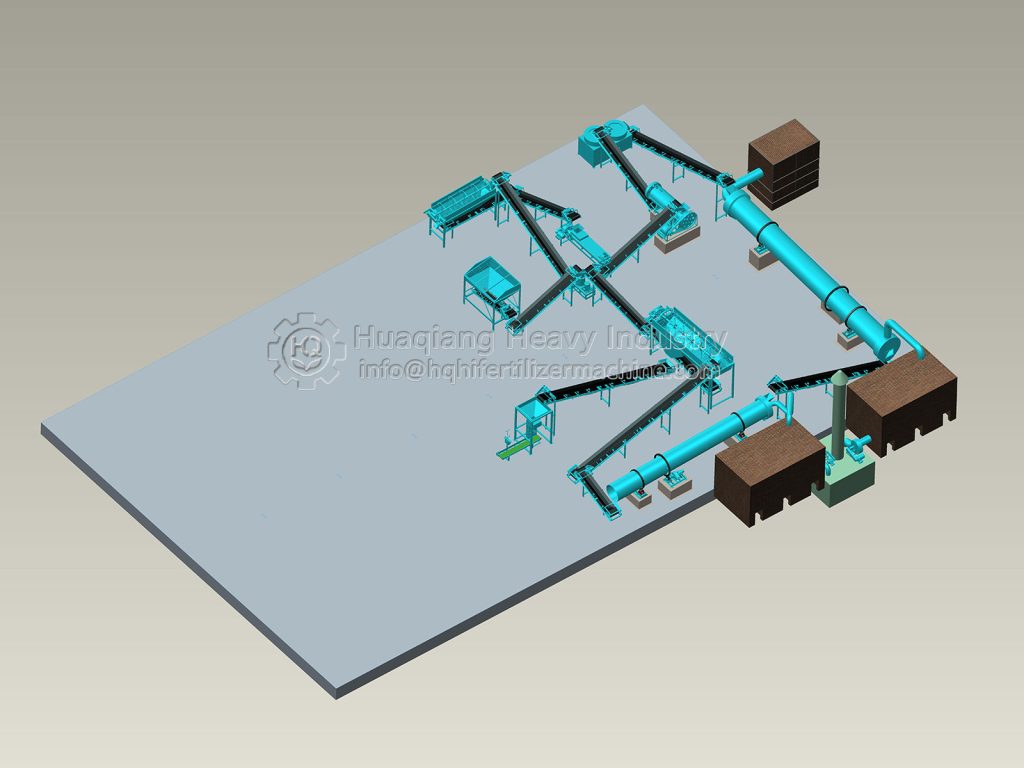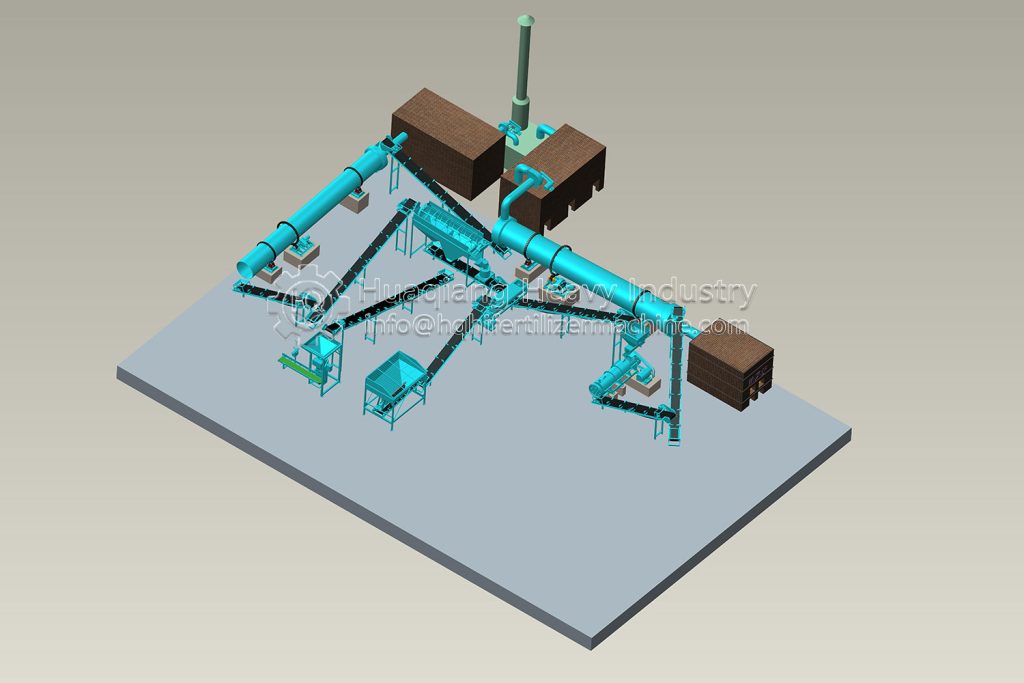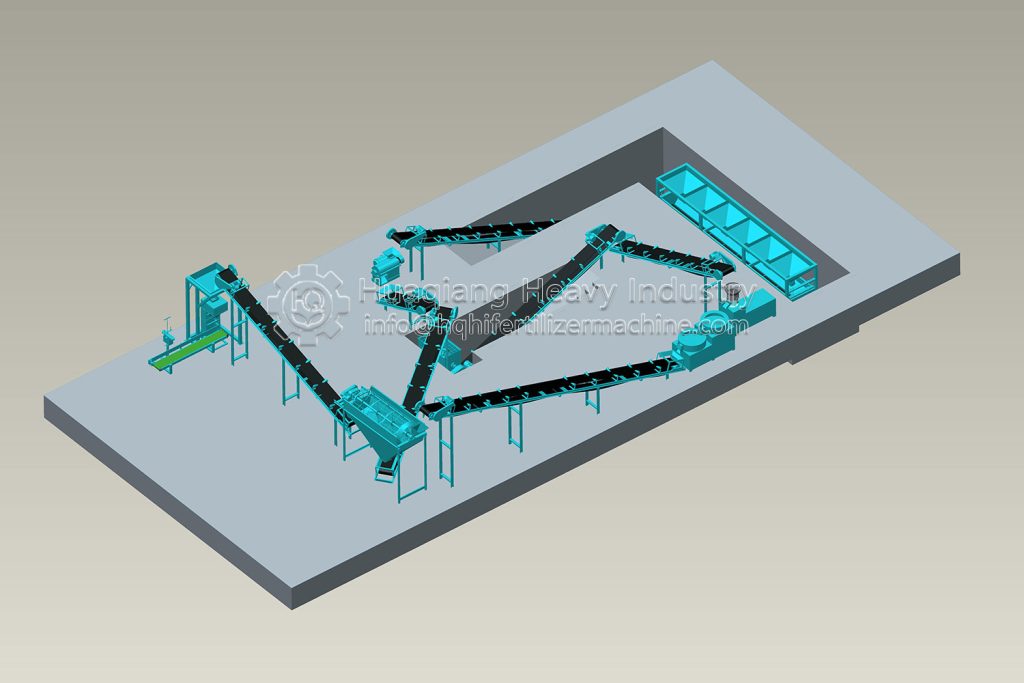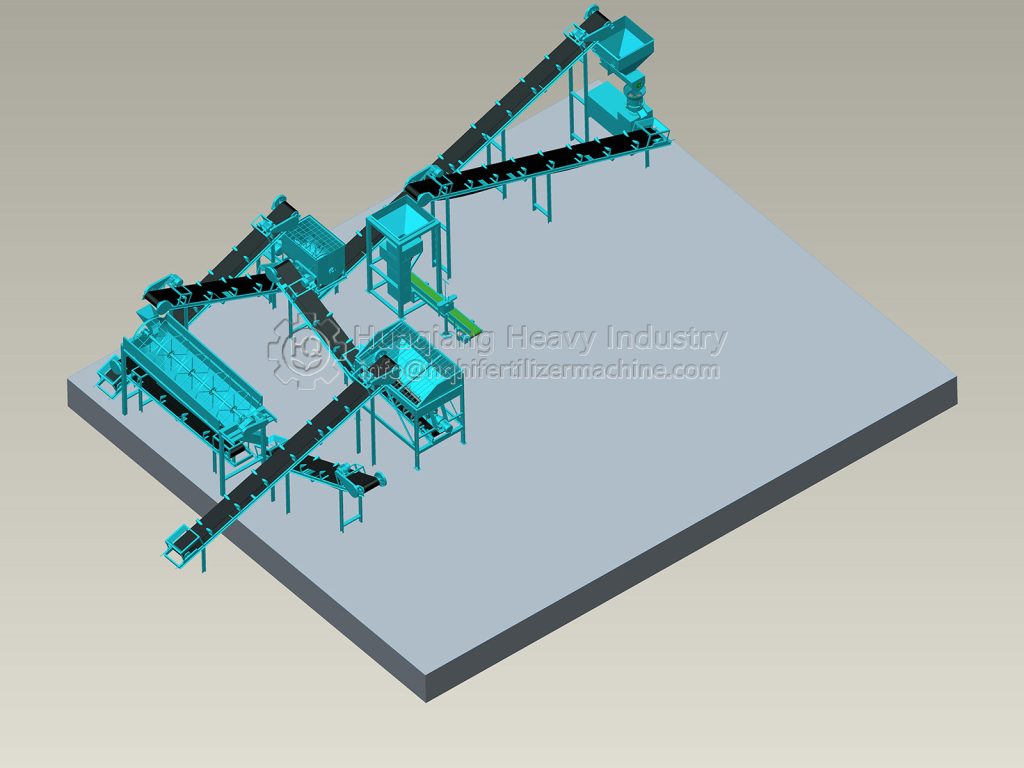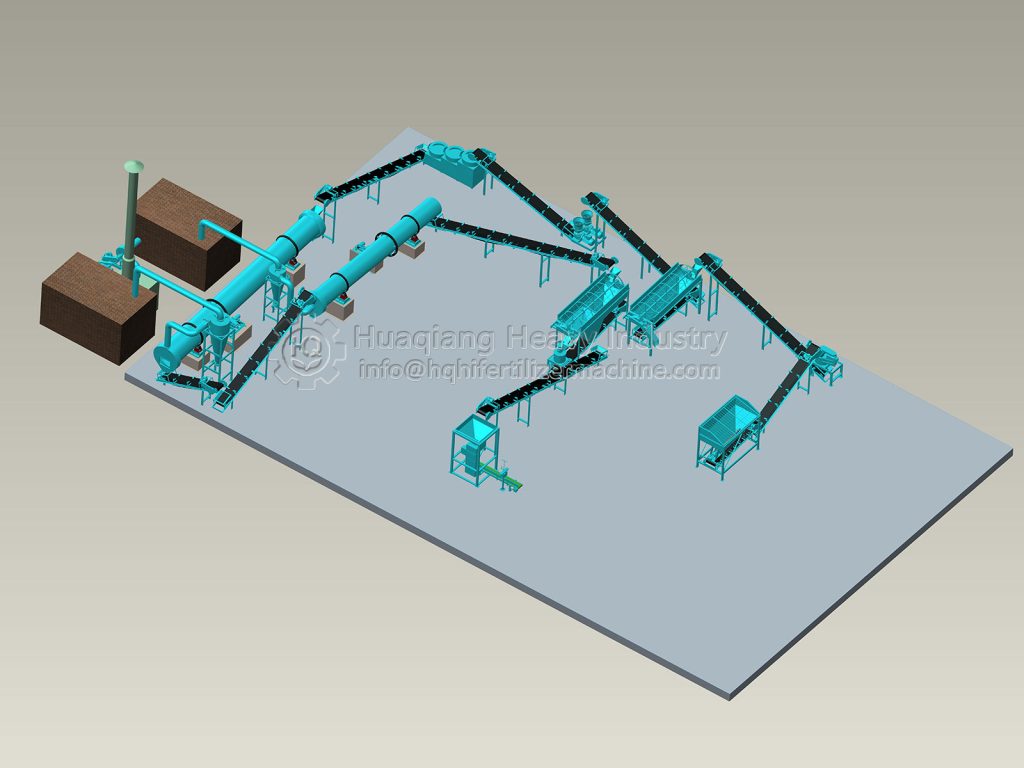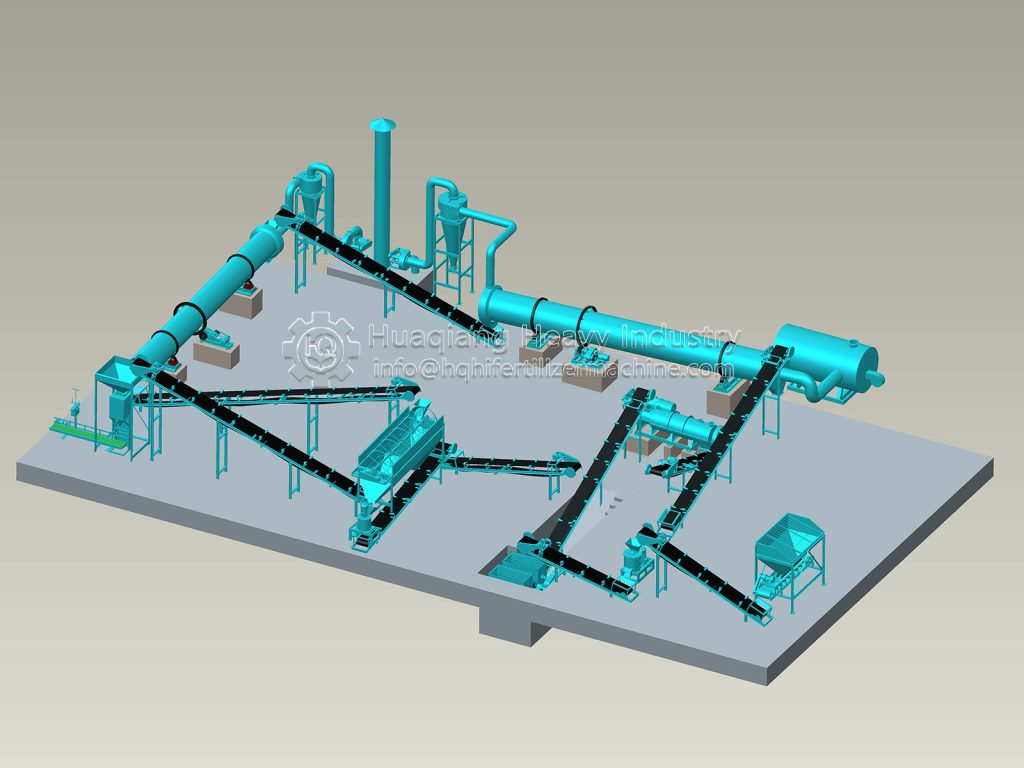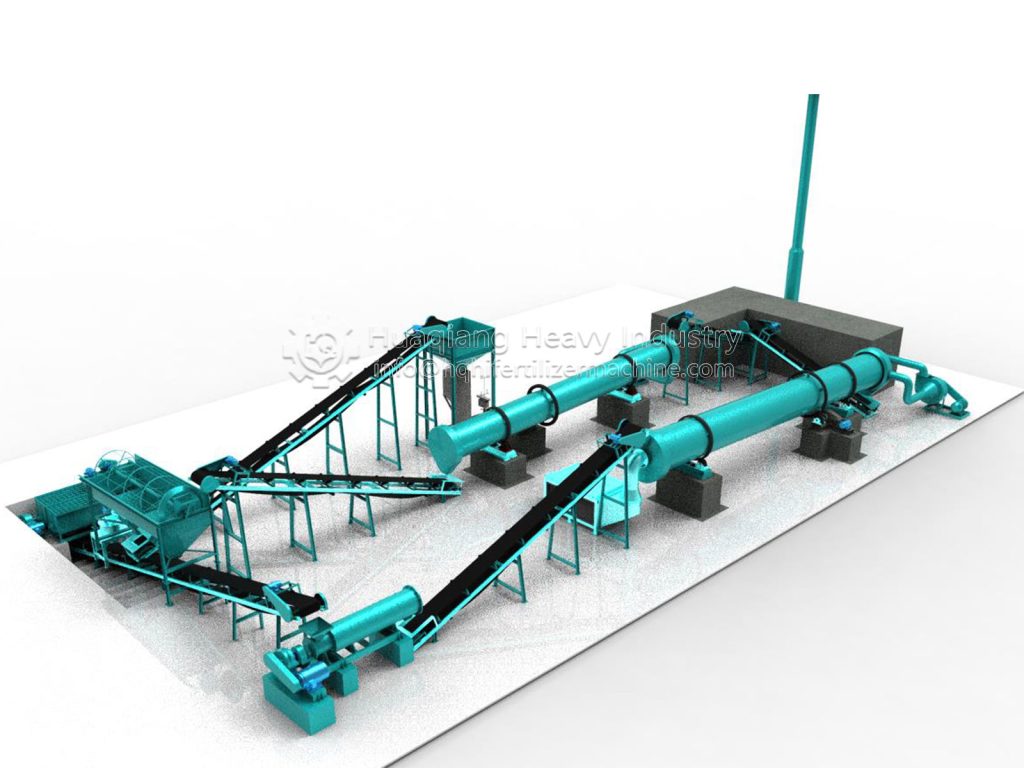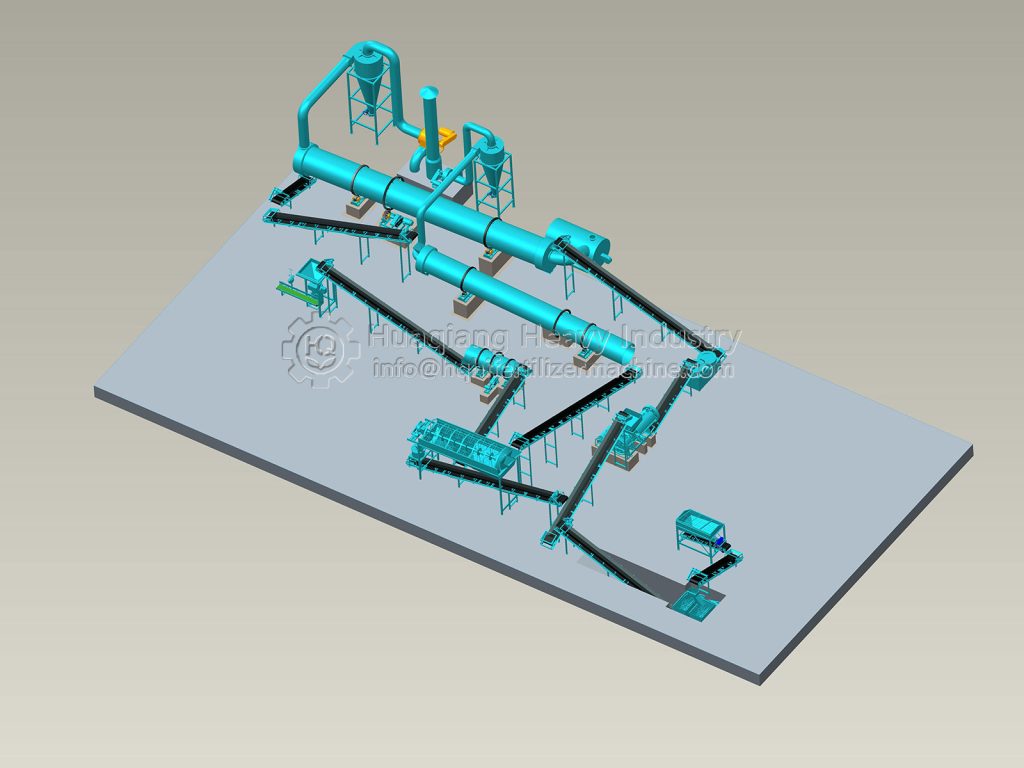Problems and Solutions in Bio-Organic Fertilizer Production Lines
During the production process, bio-organic fertilizer production lines often face various problems that affect product quality and production efficiency, requiring precise identification and proper resolution.
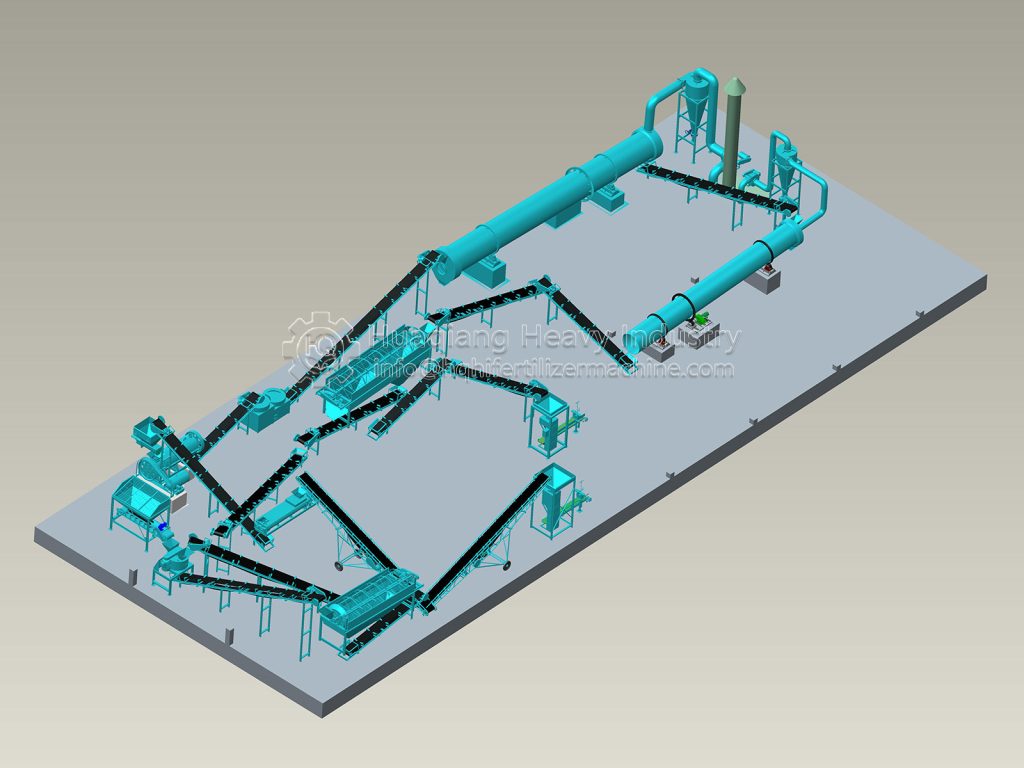
Two major issues are common in the raw material processing phase. First, an imbalance in the raw material ratio. If the ratio of livestock and poultry manure to straw is inappropriate, the carbon-nitrogen ratio will deviate from the optimal range (25:1-30:1), thereby affecting fermentation efficiency. For example, excessive straw will slow fermentation, while excessive manure will easily produce a foul odor. The solution is to strictly adjust the ratio according to test data and regularly test the raw material composition. Second, excessive raw material impurities. Impurities such as soil and gravel can damage subsequent equipment and reduce the purity of the organic fertilizer. A vibrating screen should be installed at the raw material inlet to preemptively remove impurities.
The fermentation stage of a bio-organic fertilizer production line is crucial. Common problems include abnormal fermentation temperatures and incomplete composting. Excessively high temperatures (over 70°C) kill beneficial microorganisms, while temperatures that are too low cannot effectively kill harmful bacteria and insect eggs. Temperature control requires adjusting ventilation and the frequency of the compost turning machine. For example, increase ventilation when the temperature is too high, reduce ventilation when it is too low, and cover with insulation film. Incompletely composted organic fertilizer, when applied to the soil, will ferment again, potentially burning crop roots. This can be addressed by extending the fermentation time until the material turns dark brown and has no noticeable odor before proceeding to the next step.
Common equipment operation issues include conveyor blockage and reduced grinder efficiency. Conveyor blockage is often caused by excessive moisture content or excessive feed rate. The moisture content of the raw materials should be controlled between 50% and 60%, and the feed rate should be adjusted according to the equipment’s capacity. Reduced grinder efficiency is often caused by blade wear or screen blockage. Blade wear should be regularly inspected and replaced, and the screen should be cleaned of impurities.
Product quality issues primarily arise from excessive moisture content and uneven nutrient distribution. Excessive moisture content can lead to clumping and mold in the finished product. Drying parameters should be optimized to ensure the moisture content is below 15%. Uneven nutrient distribution is related to insufficient mixing of raw materials. High-efficiency mixing equipment should be used in the mixing process to extend the mixing time and ensure uniform mixing of materials.
